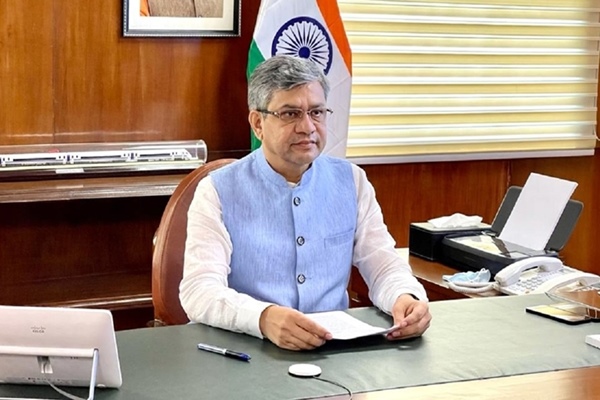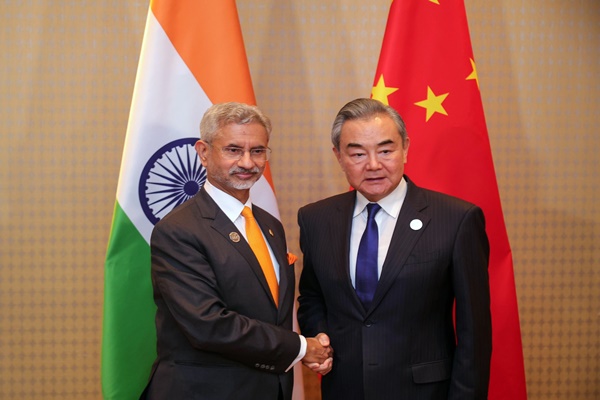
AMN / CHENNAI
Prime Minister Narendra Modi today laid the foundation stone and dedicated to the nation multiple development projects worth more than Rs 17,300 crore in Thoothukudi, Tamil Nadu. He also announced that the government of India is investing around Rs 1.5 trillion in the road infrastructure of Tamil Nadu.
“Central government’s efforts to improve connectivity are increasing the ease of living,” he said. On Wednesday, the Prime Minister laid the foundation stone of the Outer Harbor Container Terminal at V O Chidambaranar Port. India’s first indigenous green hydrogen fuel cell inland waterway vessel under the Harit Nauka initiative was also launched. He dedicated tourist facilities in 75 lighthouses across 10 states. He also dedicated rail projects for the doubling of the Vanchi Maniyachchi – Nagercoil rail line, including the Vanchi Maniyachchi – Tirunelveli section and the Melappalayam – Aralvaymoli section. Modi also dedicated four road projects in Tamil Nadu, developed at a total cost of about Rs 4,586 crore.
Mr Modi also launched India’s first indigenous green hydrogen fuel cell inland waterway vessel as part of the Harit Nauka initiative, highlighting India’s commitment to clean energy solutions and net-zero goals. Prime Minister also dedicated tourist facilities in 75 lighthouses across ten States and Union Territories and unveiled rail projects aimed at doubling the Vanchi Maniyachchi – Nagercoil rail line and the Melappalayam – Aralvaymoli section. Developed at the cost of about 1,477 crore rupees, the doubling project will help in reducing travel time for the trains heading towards Chennai from Kanyakumari, Nagercoil & Tirunelveli. Four road projects in Tamil Nadu, developed at a total cost of about 4,586 crore rupees were also inaugurated to enhance connectivity, promote socio-economic growth, and facilitate pilgrimage visits in the region.
Prime Minister laid the foundation stone for a new launch complex of ISRO at Kulasekarapattinam. To be built at a cost about 986 crore rupees, the facility is set to accommodate 24 launches per year. The new ISRO complex includes 35 facilities, and features a mobile launch structure (MLS) with checkout computers, marking a significant stride in enhancing space exploration capabilities.




